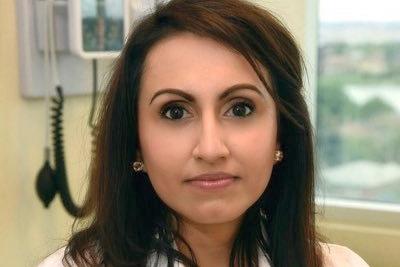Commentary
As of this writing, 2,000 people have given $200,000 to a marvelous cause, the saving of a great doctor in Toronto from bankruptcy and homelessness. She is Dr. Kulvinder Kaur Gill, a medical physician to underprivileged children, a soft-spoken and highly trained expert who could not stay silent from 2020 and following. She spoke out against lockdowns, closures, forced masking, and forced shots just as a tyrannical Canadian government had sworn to shut down all dissent.





